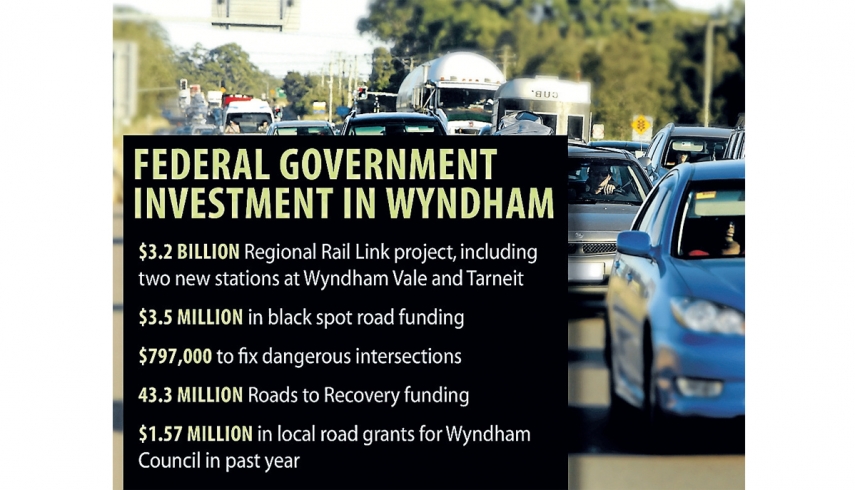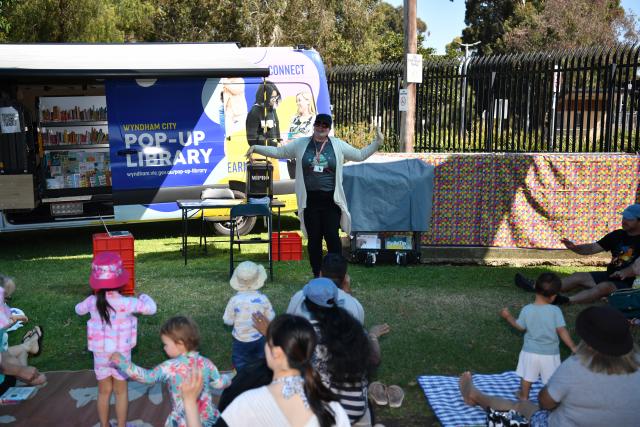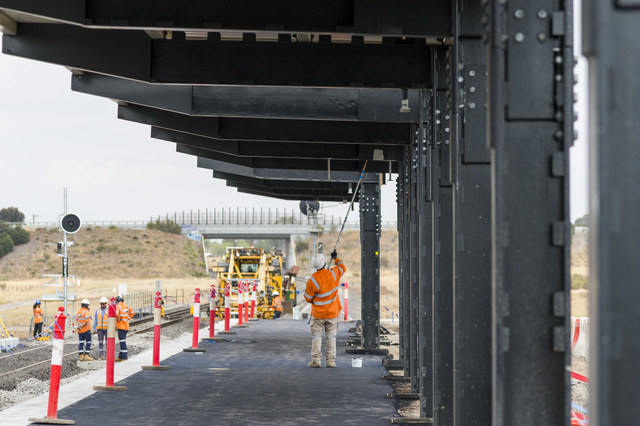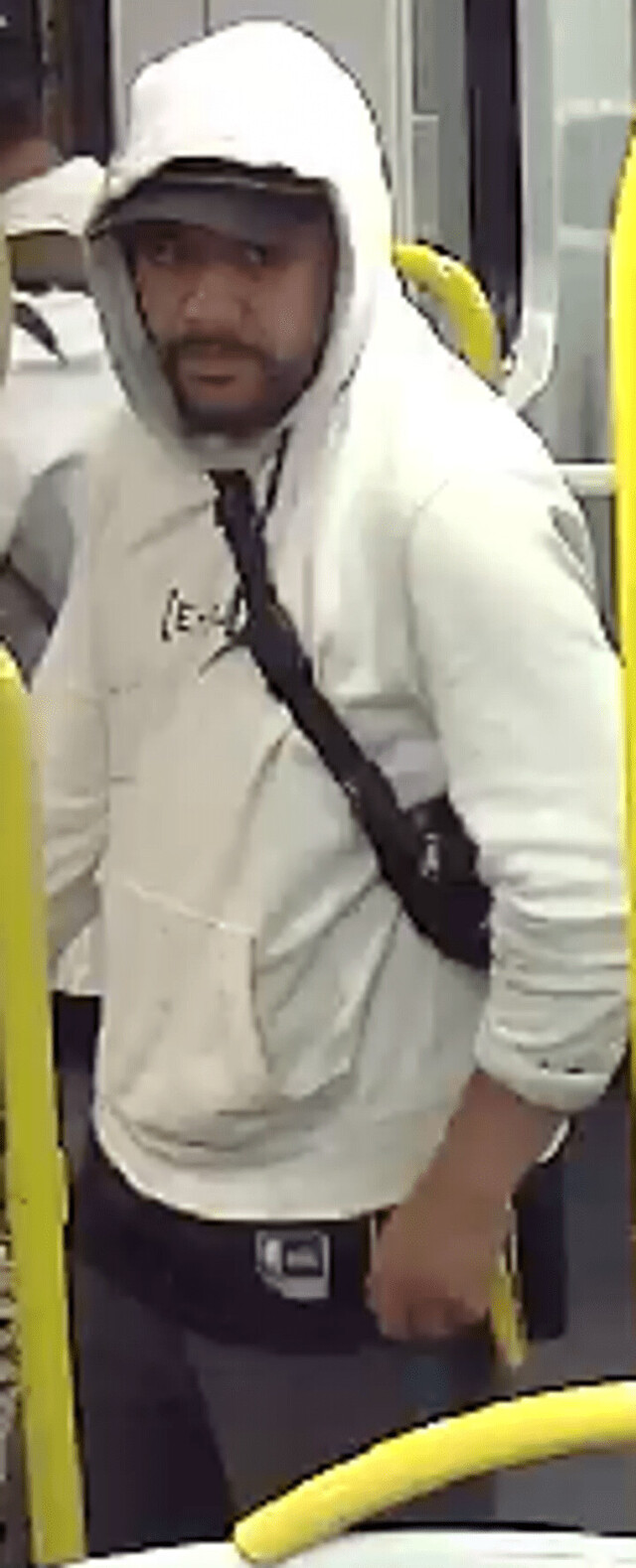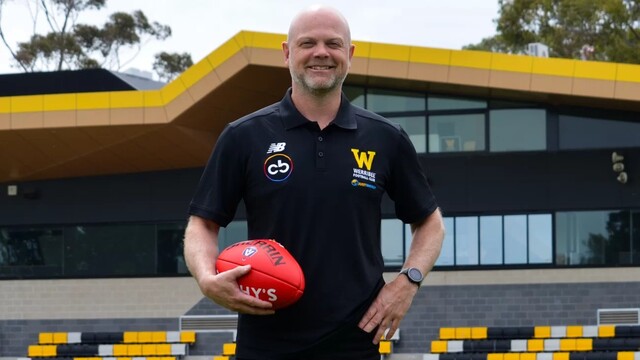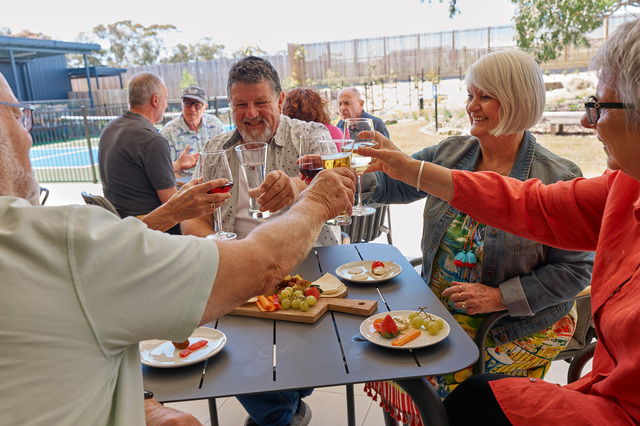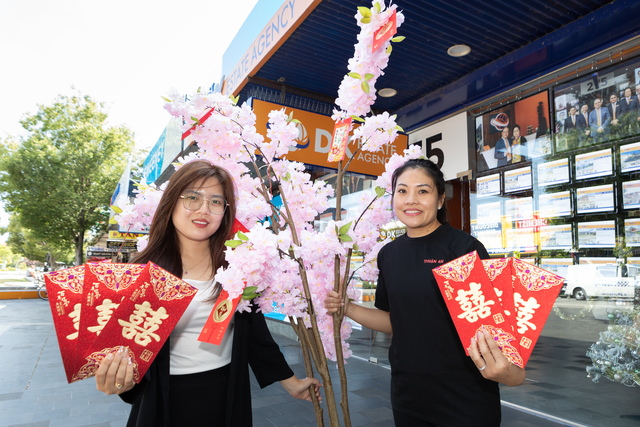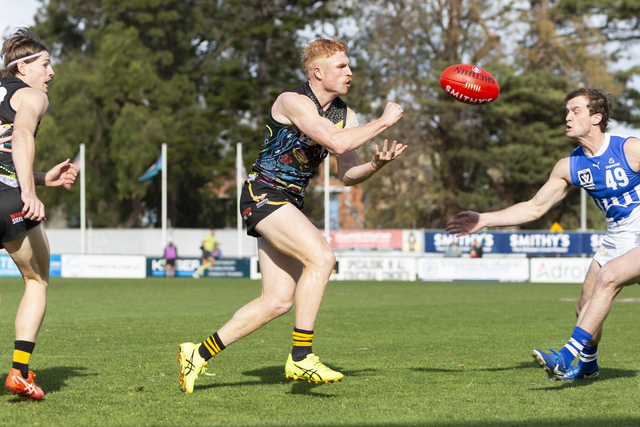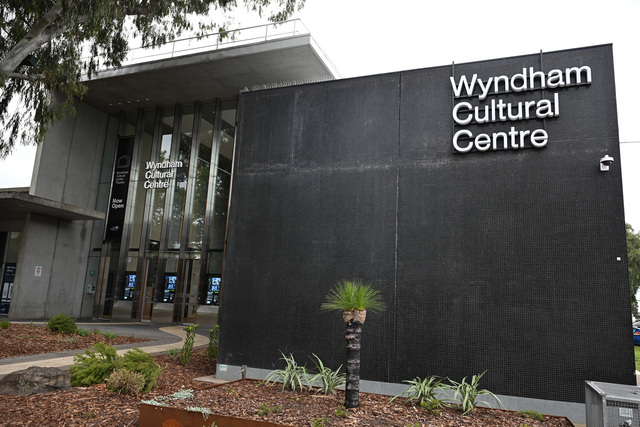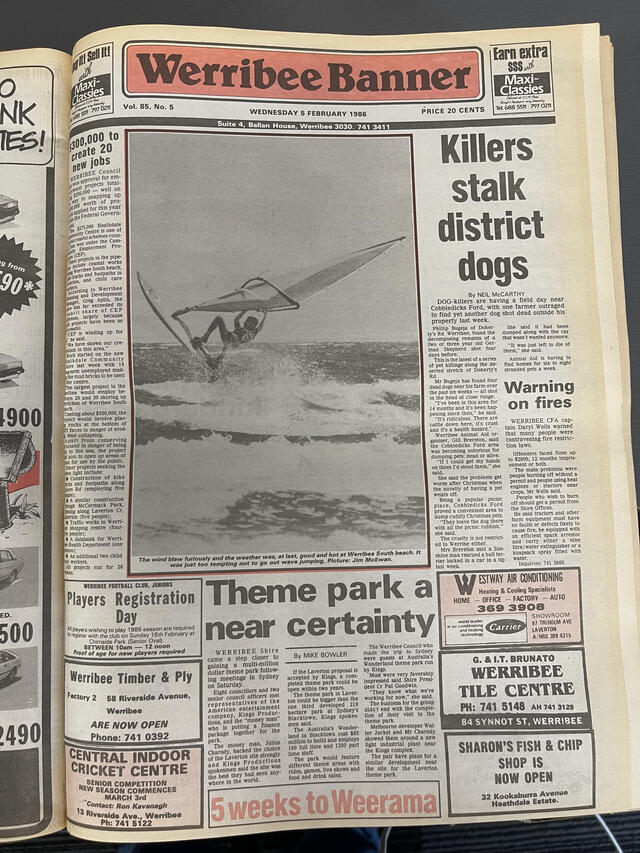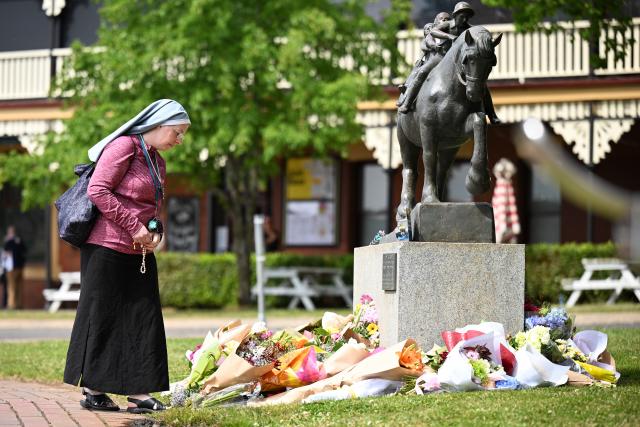THE federal government has rejected housing industry calls for carbon tax revenue to bankroll infrastructure projects in outer suburbs.
The Urban Development Institute of Australia last week urged the government to consider funding roads, tunnels, public transport and employment precincts with carbon tax revenue.
UDIA state director, Tony De Domenico, said the need for substantial investment was most-pressing in growth areas such as Wyndham, Melton, Hume Whittlesea and Casey, where massive population growth was outstripping available infrastructure.
Tight economic times and the federal government’s lower GST allocations to Victoria this year meant the state government couldn’t afford to fund these much-needed projects on its own, he said.
Mr De Domenico said investing carbon tax revenue in infrastructure “made sense” environmentally because the projects would reduce pollution from peak-hour traffic snarls.
“One has to ask the question why public infrastructure such as roads, tunnels or public transport cannot be financed in part from carbon tax credits as they all will help reduce carbon pollution.” Mr De Domenico said creating employment opportunities in growth areas would also help slash the numbers of cars on the roads during peak periods.
But the federal government said revenue from the tax was already being used to cut emissions through investment in clean energy, with the remainder going into assistance packages to cushion the blow of price hikes on household budgets.
A spokesman for Prime Minister and Lalor MP Julia Gillard said it was appropriate that carbon tax revenue was being used for investments that would help shift Australia to a lower carbon economy.
He said funding for infrastructure projects, including Regional Rail Link, were provided through Infrastructure Victoria.
Western Metropolitan Liberal MP Andrew Elsbury supported the housing industry’s push for carbon tax cash, saying Victoria was not getting its “fair share” of federal funds.
LeadWest chief executive Anton Mayer said he would support the UDIA’s calls as long as the money was used for sustainable infrastructure projects. “As long as [the money] is used in such a way to make sure people don’t have to drive 40 kilometres to work I think it is a good idea.”

